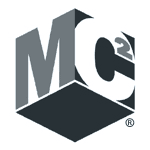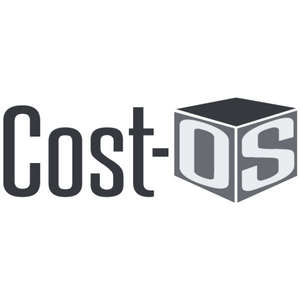Conceptual Estimating in DESTINI Estimator
Conceptual estimating gives great clarity of the overall cost of a project without having tons of specific details on hand. Today's webinar led by Josh Walker, Sr. Implementation Specialist at Beck Technology, walked viewers through the process of conceptual estimating in DESTINI Estimator. By using estimate templates and a cost database an estimator can create a conceptual estimate quickly through a series of short questions and refining costs specific to the project.
By using the DESTINI Estimator connection to Power BI, DESTINI Estimator users can find average costs for similar past projects and then update the conceptual estimate with real cost history.
Conceptual Estimating
Along with integrated detailed estimating, DESTINI Estimator’s conceptual estimating capabilities are built into the platform and this innovative approach makes conceptual estimating simple and intuitive.
By combining powerful parametric estimating with cost history, users can select from user-defined templates that enable quick, accurate, and transparent estimating that instills confidence in your team and your customers.
DESTINI Estimator’s Project View enables users to set up templates that contain lists of variables they want their teams to track throughout the life of the company’s projects. In the conceptual phase, these variables can be used to formulaically drive quantities and items in the estimate. Additionally, linking the variables in the Project View to a company-defined conceptual workbook that’s stored within the template can drive the values of the variables and correspondingly the estimate.
Benchmarking unit prices against similar projects is a breeze. All projects being benchmarked can be both regionally and time adjusted enabling a very simple, efficient, and transparent method of assigning the most appropriate unit prices based on your cost history making conceptual estimating easy.

-1.png?width=112&height=112&name=image%20(4)-1.png)

















